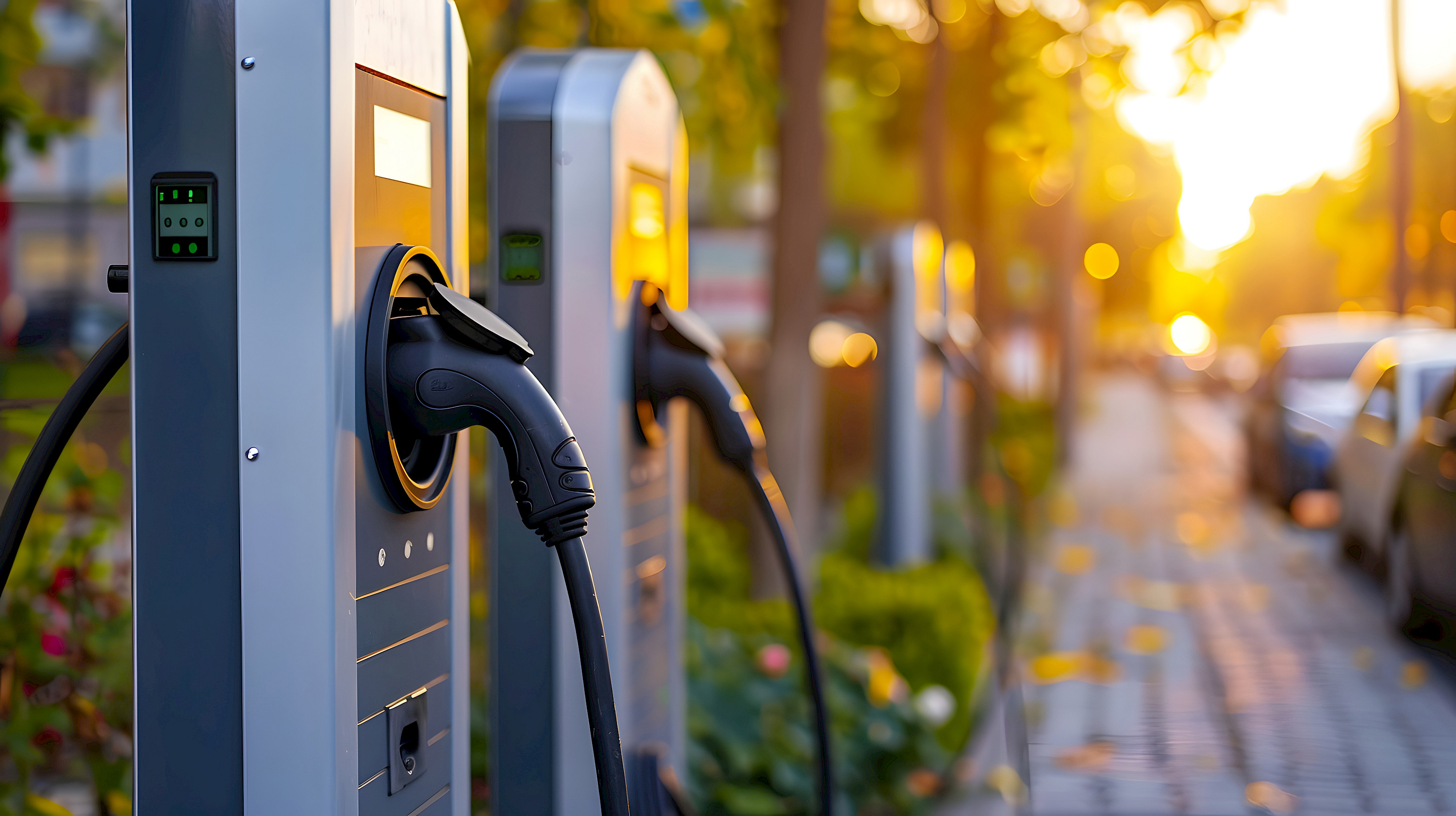Networking science.
Switzerland should take an active approach to critical materials for the energy transition
Bern, 27 June 2024

Switzerland and many other countries around the world are focussing on electricity from renewable energy sources in order to operate their energy systems without fossil fuels as far as possible. Numerous raw materials such as lithium, cobalt, nickel and rare earths are required to manufacture solar panels, wind turbines, batteries (such as those in electric cars), materials for renewing the electricity grid, and many other products. Mining of these raw materials only takes place in a few countries. China, in fact, has a virtual monopoly on many raw materials and components. When it comes to photovoltaics, for example, the EU is almost completely dependent on China for raw materials or components.
Switzerland mainly imports components and finished products, and more than half of its photovoltaic components originate from Europe. Nevertheless, Switzerland would also be impacted indirectly in the event of global supply bottlenecks for commodities and other materials, or geopolitical trade restrictions. Security of supply can therefore be increased by means of agreements and support programmes throughout the supply chain – in coordination with the EU and other partners.
Technological and social innovations reduce dependence on other countries
In their report, the researchers emphasise that dependence on other countries is changing significantly compared to the current fossil-based energy system. Switzerland is reliant on continuous supplies of oil and gas, apart from the compulsory stocks. Supply bottlenecks can have a very rapid impact on the Swiss economy. If a supply of renewable energies is in place, Switzerland can produce most of its energy itself and is primarily dependent on other countries for the construction of energy plants. A supply freeze on PV components, for example, would only affect new construction and replacements of existing installations – amounting to only a few per cent of the energy plants.
Switzerland has in general many options for reducing its dependence on imports of critical materials: technological innovations open the way for products with fewer rare earths, and they enhance longevity. Social innovations encourage product re-use, repair and sharing. The recycling rate can be increased; and recycling technology can be improved.
Promoting sustainable mining
Even if Switzerland and other countries promote such a circular economy, extraction of these metals that are critical for the energy transition is likely to increase in the future. Sufficient deposits are available worldwide. The current shortage has more to do with geopolitical tensions and the domination of mining and processing by just a few countries. In industrialised countries, there is little acceptance of the operation or opening of mines that frequently have serious impacts on the environment. For these reasons, the researchers recommend that Switzerland should commit internationally to high environmental, social and health standards in mining, and that it should also use its major influence on commodities trading in this context. This approach will facilitate a sustainable energy transition and can promote mining of the necessary metals in Europe.
Download the report "The role of critical materials for the energy transition"
For further information please contact:
Urs Neu
Head of the Energy Commission of the Swiss Academies of Arts and Sciences
Joëlle Noailly
Geneva Graduate Institute
Dr. Urs Neu
Stv. Leiter ProClim
Erweiterte Energiekommission
Haus der Akademien
Laupenstrasse 7
Postfach
3001 Bern